Doctoral Candidates
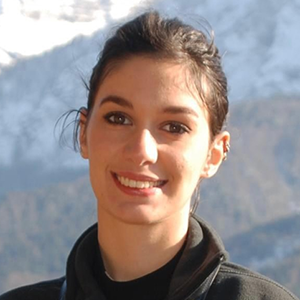
Elena Iannino embarked on her academic journey by pursuing a Bachelor’s degree in Veterinary Science – Wildlife Management at the University of Turin. She furthered her education with a Master’s degree in Applied Ecology from the Inland Norway University of Applied Sciences. Throughout her studies, Elena enriched her academic profile by gaining experience in fieldwork and statistical analysis across diverse regions in Europe, Asia, and Africa.

Kasper Hlebowicz’s scientific journey began during his undergraduate studies at Jagiellonian University, where he focused on Evolutionary Biology. Kasper further pursued his academic aspirations by completing two Master’s degrees in Ecology and Evolution through a competitive Erasmus Mundus Master’s Programme in Evolutionary Biology at the University of Groningen and the Ludwig Maximilian University of Munich.
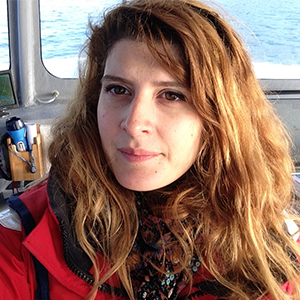
Lucie Laporte-Devylder brings to the network a multidisciplinary background rich with extensive field experience in diverse environments along with strong quantitative skills. After completing a Bachelor’s degree studying indigenous culture and endangered languages, she took her passion for the natural world to the field of wildlife ecology, earning a Bachelor’s degree in Ecology and Evolution at Aix-Marseille University and a Master’s in Conservation Biology from Lund University.
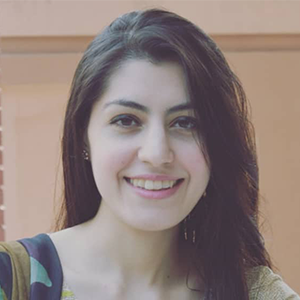
Saadia Afridi, an ardent nature lover and technology enthusiast, is deeply captivated by the potential of drones to revolutionize our interaction with the natural world. She earned her Bachelor’s degree in Mechatronics Engineering and her Master’s in Aerospace Engineering from the National University of Science and Technology in Pakistan.
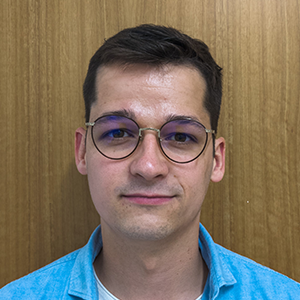
Edouard Rolland is an engineer who is passionate about designing and piloting drones, with a strong affinity for field experiments. He holds a Master’s degree in Mechanical Engineering from Arts et Métiers ParisTech (France) and a Master of Science in Robotics from the University of Bristol (UK).
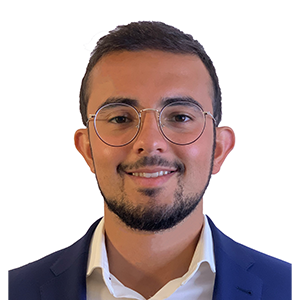
Guy Maalouf is a dedicated technologist and drone enthusiast with a 15-year journey in robotics and drone development. Completing a BEng in Electrical and Computer Engineering at the University of Beirut (AUB), Guy showcased innovation with a drone delivery system as his final year project.
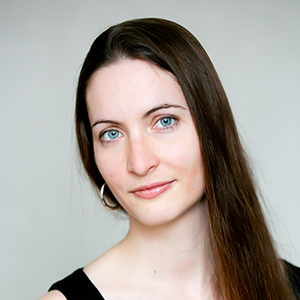
Camille Rondeau Saint-Jean started her studies at the Conservatoire de Musique de Montréal. She later enrolled in the Conservatoire National Supérieur de Musique et de Danse de Paris, the École Normale Supérieure, and the Université Paris-Sorbonne (Paris IV), where she earned a master’s degree in musicology.
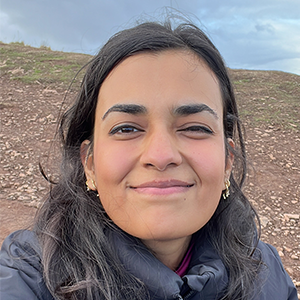
Vandita Shukla has a background in computer science and mathematics and went on to specialize in Computer Vision and Imaging from UCL, London with interest in multi-sensory data and 3D reconstruction problems. She has worked with 3D reconstruction and photogrammetry in different areas – from objects of historical interest to humans.
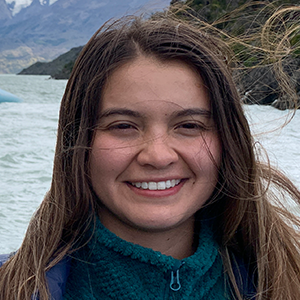
Constanza Andrea Molina Catricheo is a highly motivated and accomplished researcher with a strong background in Engineering Sciences and Mathematics. She embarked on her academic journey at the Pontifical Catholic University of Chile, where she earned a professional degree in Mathematical and Industrial Engineering with a Major in Operations Research and a Minor in Mathematical Engineering.
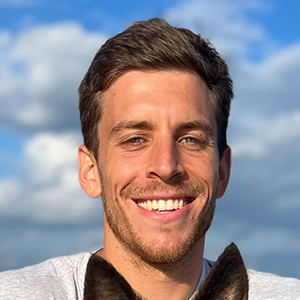
Giacomo Mays academic background is very interdisciplinary: After obtaining a Bachelor’s degree in Biology from the University of Bonn, he completed a second Bachelor’s in Philosophy (major) and Computer Science (minor) at Munich’s Ludwig-Maximilians University. Having developed an interest in programming, he then decided to pursue a Master´s in Computer Science, which he also did in Munich.

Nguyen Ngoc Dat obtained his master degree in Artificial Intelligence and Robotics at Sapienza University of Roma in Italy. His thesis develops computer vision software that works on the Tiago robot platform for real time detecting and counting grape brunch. Dat achieved the national Olympic price in IT when he was an undergraduate student at Ha Noi University of Science and Technology in Viet Nam.
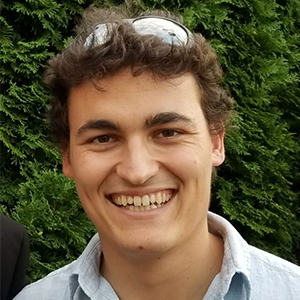
Kilian Meier is, at heart, an engineer. This is why he completed a Bachelor’s degree in Microengineering and a Master’s degree in Robotics at the École Polytechnique Fédérale de Lausanne (CH). Kilian is also an adventurous spirit and during his various journeys, he fell in love with remote and isolated places.
Get in touch
Contact us on WildDrone@sdu.dk

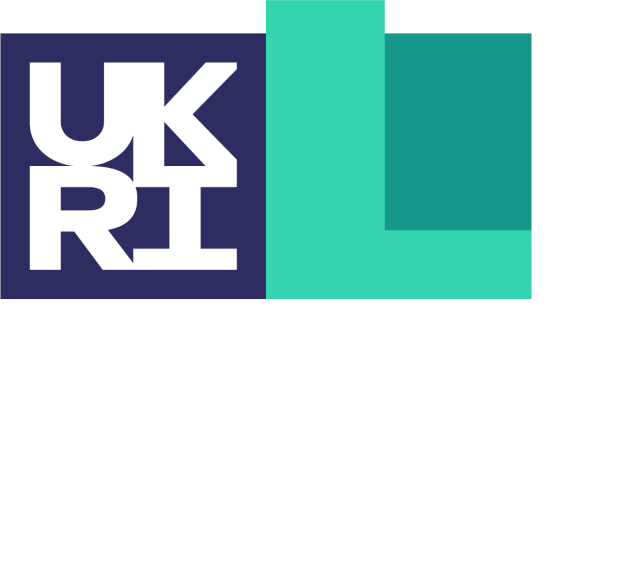

WildDrone is an MSCA Doctoral Network funded by the European Union’s Horizon Europe research and innovation funding programme under the Marie Skłodowska-Curie grant agreement no. 101071224. Views and opinions expressed are those of the author(s) only and do not necessarily reflect those of the European Union or the European Commission. Neither the EU nor the EC can be held responsible for them.
